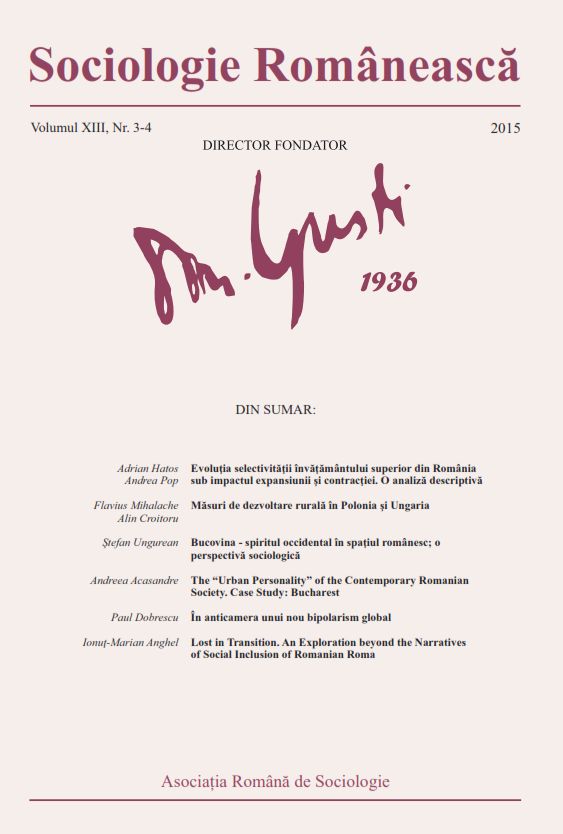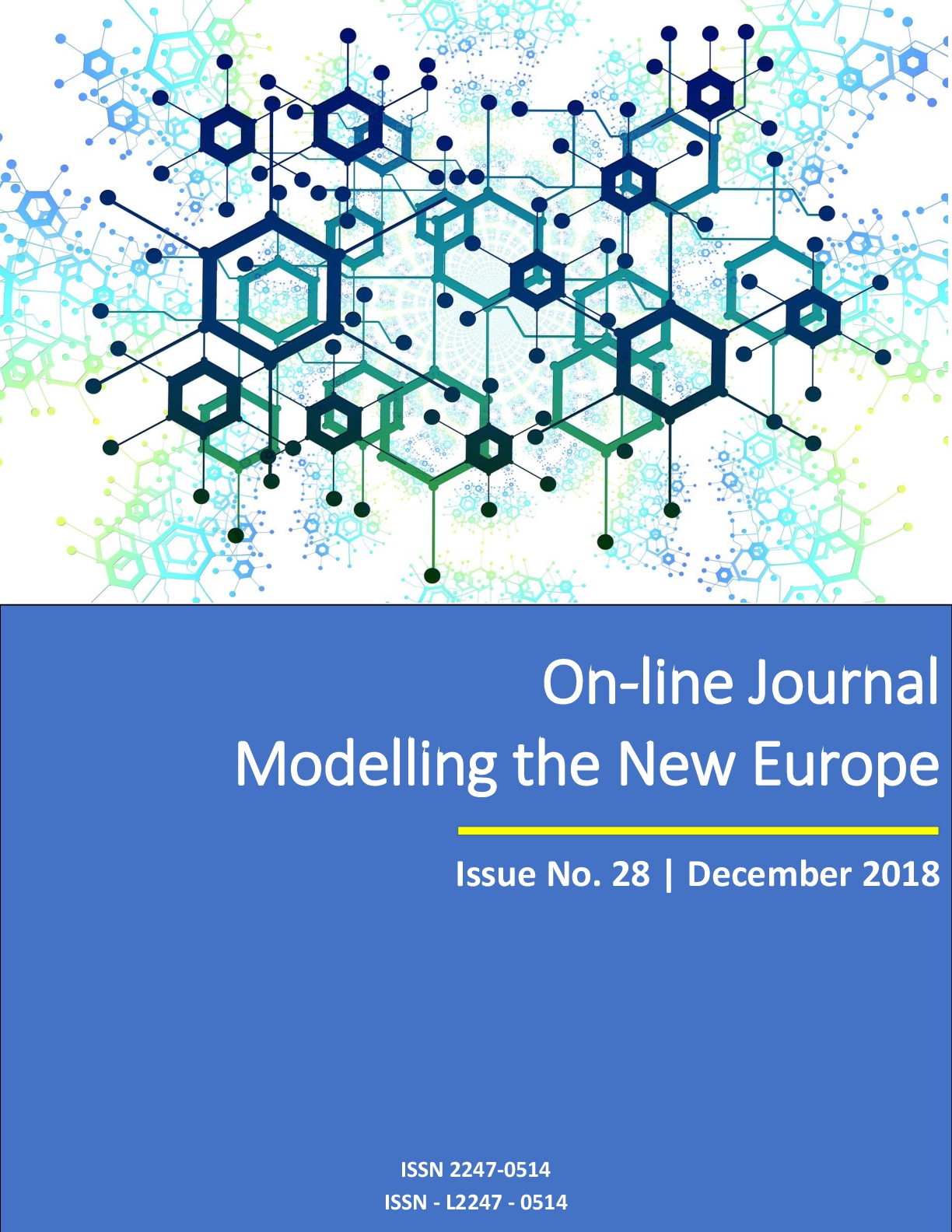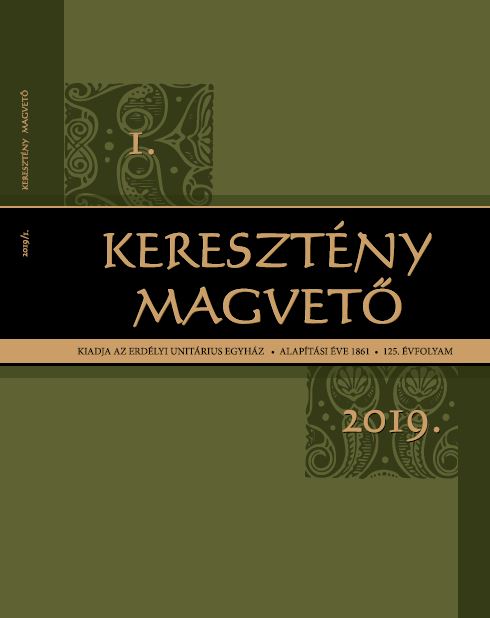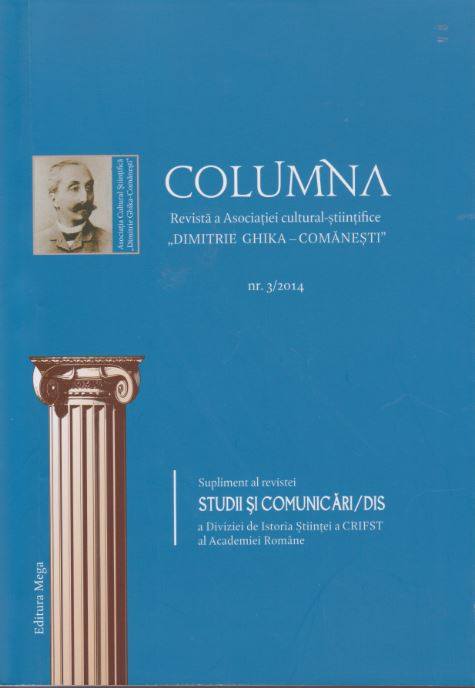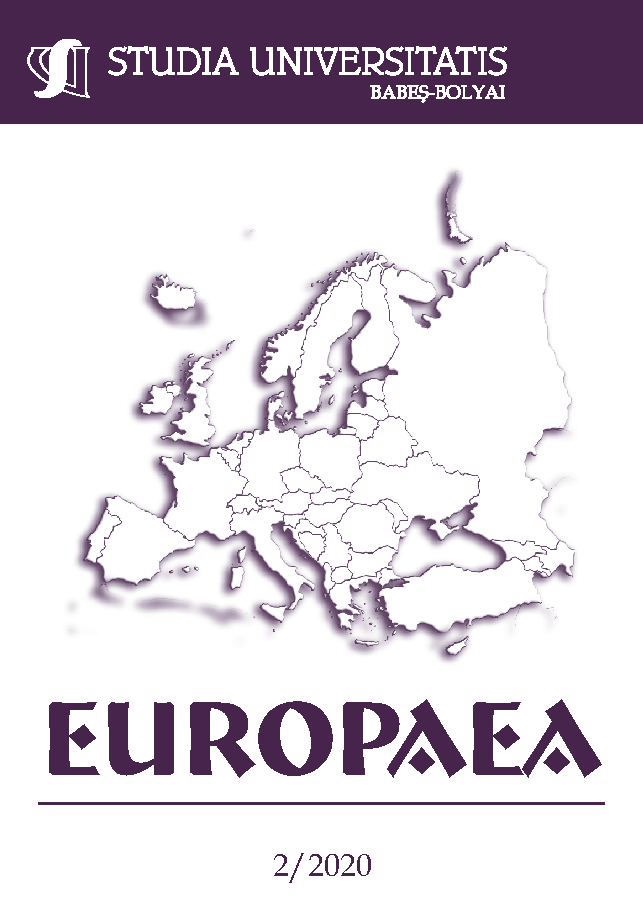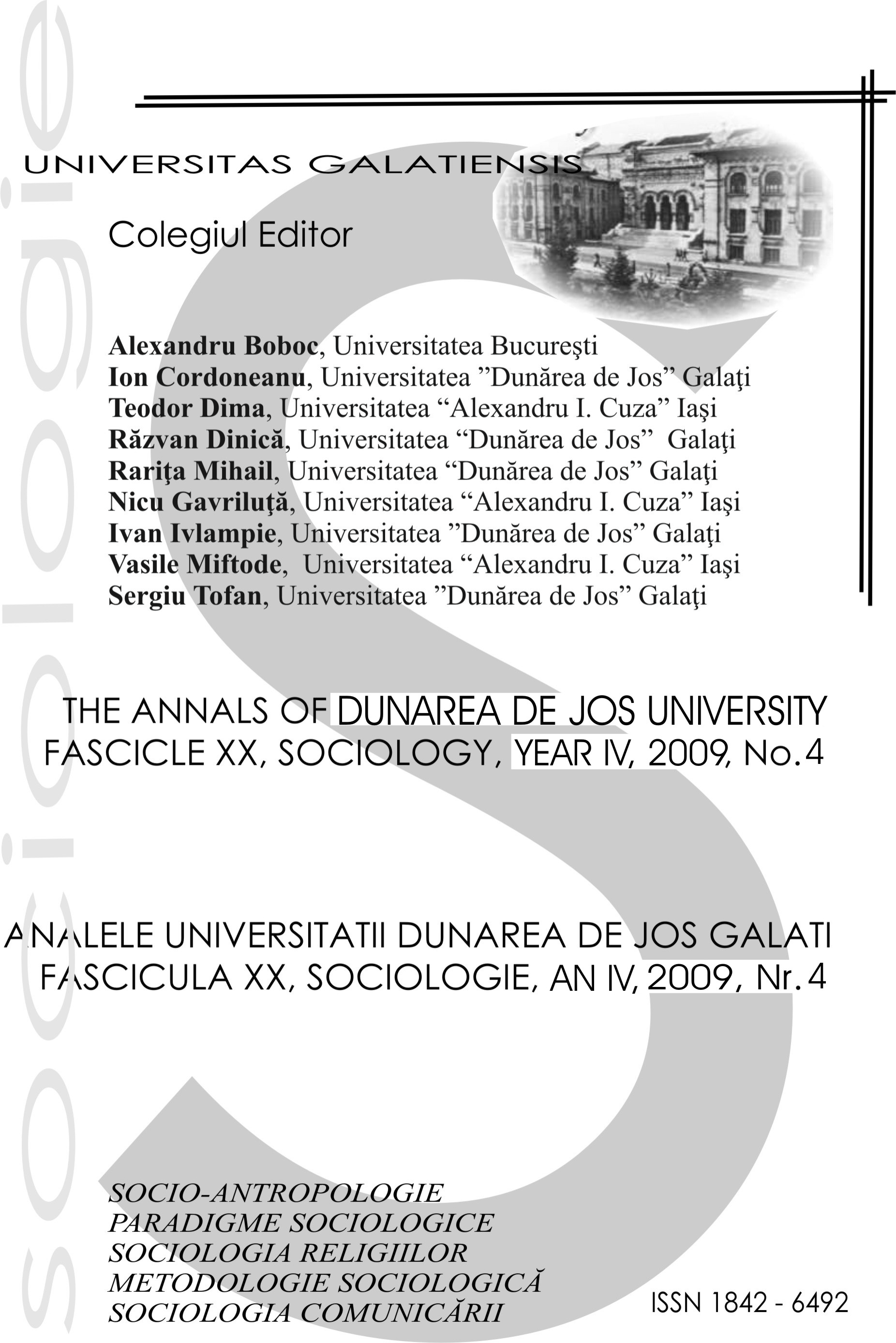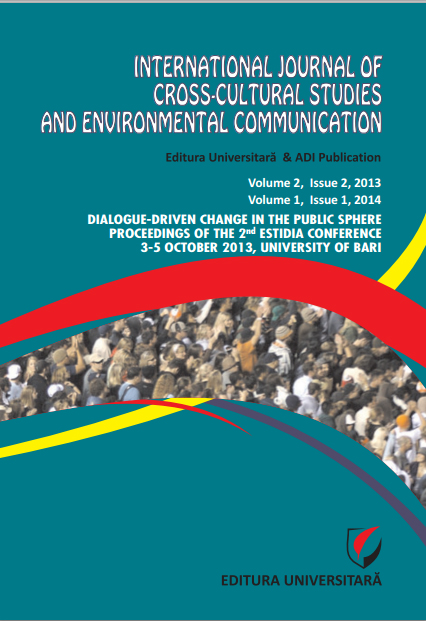
The Writing Practice as a Renegotiation of Identity in Context of Emigration
The paper discusses the connection between writing, identity and community in the online communication, presenting a part of a PhD thesis which reviews 12 blogs of recent Italian emigrants in the United States between October 2011 and October 2014. The identity is examined through by the means of two theories. The first theory is the Narrative Identity Theory, which assumes that the identity is a process of construction of the self, a personal project, mediated by narratives that can be consciously renegotiated and elaborated. The second theory assumes that not only one identity is contained within one person, but the self is guided by many voices or “I positions” (The Dialogical Self of Hubert Hermans). This theory sees the writing as a way to actively reorder the I-positions according to the needs of the situation. It’s fundamental to be able to integrate the new context and the new events in the global “legend” of the self in a period of passage and discontinuity. The blog writing is analyzed as a strategy to take control of the inner narrative and stabilize a disbalanced condition. The blogosphere takes the part of supporting community in the absence of the traditional migration connections
More...
